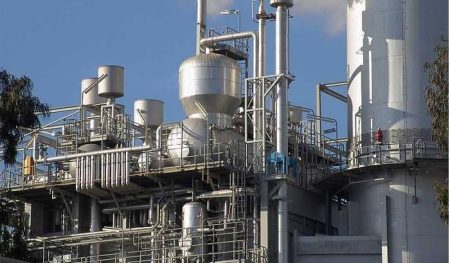
Michael James
Lagos — Nigeria’s total crude oil production for 2017 stood at 692 million barrels as its total revenue from sale of federation share of oil and gas for 2017 was $14.5 billion—$13.18 billion or 90.8% from crude oil and $1.32 billion or 9.1% from gas.
This is according to a report on a pilot study that focuses exclusively and extensively on the sale of Nigeria’s share of crude oil and gas produced in 2017 has been released today in Abuja by the Nigeria Extractive Industries Transparency Initiative, NEITI.
The 136-page report contains a treasure trove of information including breakdown and analysis of oil and gas production in 2017. It also disaggregated the federation share of production by types, allocation, uses, details of the revenues derived from the sales, the receiving accounts, and allocation of the revenues.
While releasing the Report titled “Pilot Study on Commodity Trading for 2017” the Executive Secretary of NEITI, Mr. Waziri Adio stated that the special report was undertaken in furtherance of the recent decision of the global Extractive Industries Transparency Initiative (EITI) to add commodity trading transparency to its scope of coverage through stand-alone and in-depth reports.
From the report, the total crude oil production for 2017 was 692 million barrels. Out of this volume, the report states that the share that went to the federation was 240.9 million barrels representing 35% of the total crude oil production for the year 2017.
A trend analysis for the year under review shows that the 2017 federation share was 4% higher than the 231.6 million barrels in the same category for 2016 but was 19% lower than the 297.8 million barrels for 2015. This shows that while there was a slight improvement on the figure for 2016 (a year characterized by vandalism and sabotage of oil facilities), crude production for 2017 was about a fifth less than the 2015 level.
The objective, Mr. Adio stressed, was to ensure adequate returns to governments, increasing competition and efficiency in commodity trading, and ensuring greater public scrutiny of the resultant revenues.



